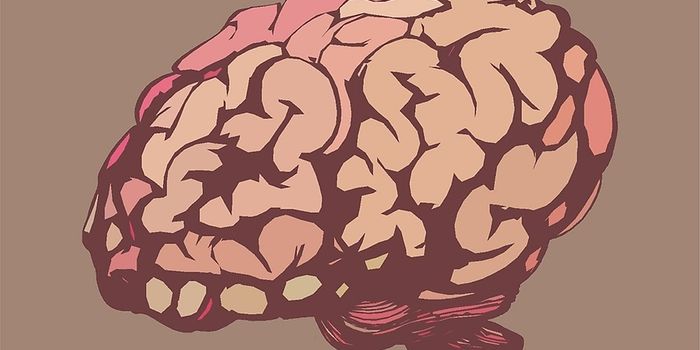Harmonizing Heart Health with Ketamine Depression Treatments
Ketamine and esketamine: Pioneering Treatments for Treatment-Resistant Depression
Ketamine and its nasal application form, esketamine, have emerged as groundbreaking treatments for adults grappling with treatment-resistant depression (TRD). Offering rapid-onset efficacy, these agents provide hope where traditional monoaminergic medications fall short. However, concerns linger regarding the safety profile of ketamine, particularly its cardiac-stimulating effects and potential hemodynamic adverse events.
The Cardiovascular Challenges of Ketamine Therapy
Central to the therapeutic potential of ketamine in depression is its unique mechanism of action, distinct from traditional antidepressants. Yet, this pharmacological divergence comes with a trade-off: the propensity for ketamine to elicit hemodynamic changes, including increases in heart rate and blood pressure. Studies indicate that these changes, observed in 10% to 50% of patients, typically manifest within minutes of administration. In a community-based clinic setting, up to 20% of individuals receiving intravenous ketamine for TRD may require pharmacological intervention to manage treatment-induced hypertension.
Exploring the Potential of Music: The MUSIK Trial Design
Recognizing the need to address these cardiovascular concerns, the MUSIK trial explored music's potential to modulate the hemodynamic effects of ketamine. Thirty-two participants with TRD were enrolled and randomly assigned to receive either curated music or standard care during their ketamine infusions. The playlists were composed of "various pieces of music of diverse genres" without vocals in the participant's spoken language.
Music's Impact on Ketamine-Induced Blood Pressure Changes
The trial's results unveiled a promising discovery: music significantly reduced the increases in systolic blood pressure induced by ketamine, offering a drug-free avenue to mitigate a major adverse effect. While no significant difference was observed in diastolic blood pressure, the attenuation of systolic pressure underscores the value of adjunctive interventions in enhancing the tolerability and safety of ketamine treatment for depression.
Innovations in Depression Treatment and Future Directions
These findings bear implications beyond the confines of psychiatric care. By underscoring the interplay between auditory stimuli and ketamine's physiological effects, the MUSIK trial prompts a reconsideration of contextual factors in psychiatric research. Moreover, the relatively low rates of hypertension reported in esketamine development programs underscore the importance of further investigating alternative formulations and adjunctive interventions to optimize the therapeutic landscape for TRD.
As the pursuit of effective treatments for TRD continues, the MUSIK trial stands as a reminder of the power of context, offering insights into the potential of music as a nonpharmacological strategy to mitigate ketamine-induced hemodynamic changes. While further research is warranted to validate these findings and explore their broader applicability, this study heralds a promising step forward in the quest to alleviate the burden of treatment-resistant depression.
Sources: The American Journal of Psychiatry, JAMA Network Open









